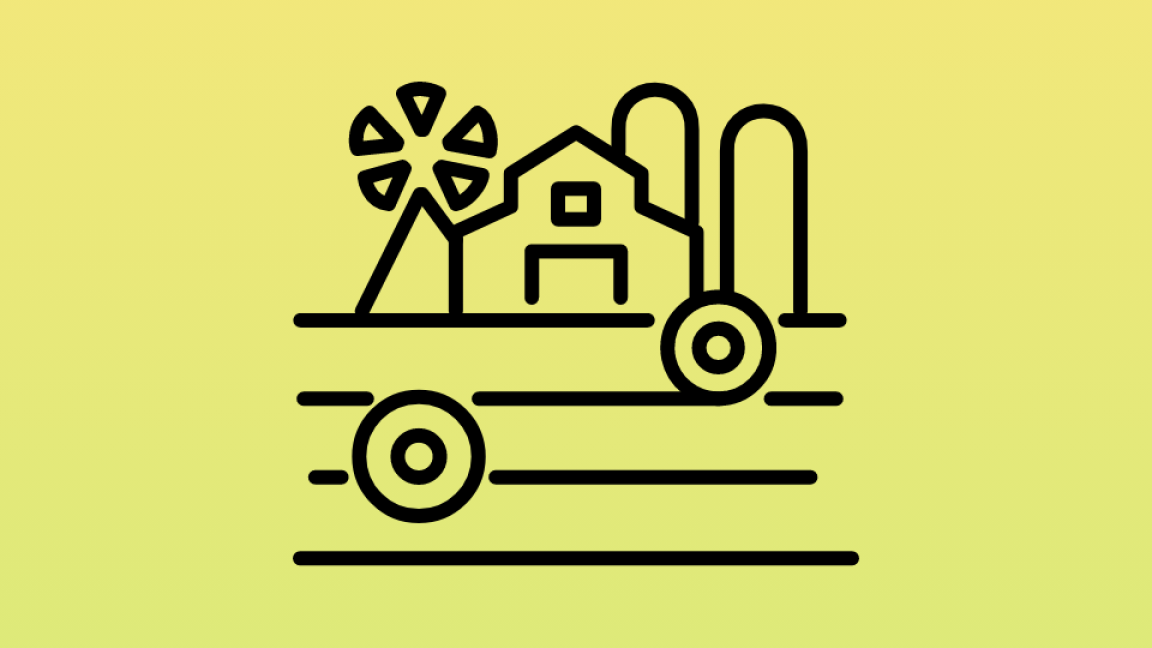Securing land rights
Secure land rights are key to sustainable land management. They safeguard the livelihoods of smallholders and are important for food security. Many cultures, and indigenous communities in particular, attach a great deal of importance to land in traditional and social terms. Clear land rights guard against the arbitrary seizure of land and promote economic stability
Peacebuilding – before conflict escalates
We help to prevent and resolve land disputes. Land governance can be abused and lead to violence, particularly when it is associated with exclusion and discrimination. Targeted approaches such as alternative conflict-resolution methods and clear legal procedures can be applied to prevent land conflict. Equitable processes create social stability.
Empowering women
As a land owner, you enjoy greater independence and have more of a voice in decision-making processes. At practical level, we assist women with registering their land, shaping decision-making processes and fighting corruption. This not only improves their personal situation, but also strengthens the community: women with land rights make more sustainable decisions and are better placed to provide for their families. We work with local partners to reduce inequalities and promote the standing of women.
Land governance 2.0 – efficient, digital, transparent
In many countries, plots of land are erratically apportioned or fragmented and there is no recognition of land rights. We promote efficient land governance. It provides clarity as to tenure and usage rights, prevents conflict and promotes sustainable development. We also combat corruption with a view to creating greater security around land tenure and driving economic and social development.
We use state-of-the-art digital systems to improve land governance. These systems pool data from different sources, providing a comprehensive overview of available land. Digital technologies help to facilitate efficient land use planning and plot monitoring. This promotes transparency and aids governments and the general public with sustainable decision-making.
Smart land use
We support forward-looking land development through smart land-use planning. These efforts are focused on equitably managing demand for land – in harmony with nature, society and business.
Individual plots of land are often the subject of competing interests. We bring all stakeholders together around the same table and support them in finding equitable solutions. This ensures that development is balanced, taking account of current needs while at the same time preserving land for future generations.
Yes to investment – but it must be equitable!
Land is being lost due to degradation (pollution, for example) and food prices are highly volatile or increasing. This is leading companies to look elsewhere to secure their food production activities – a growing number of firms are buying large plots of land in other countries.
This kind of investment can create benefits for local people, including new jobs and higher incomes. But this is dependent on the way contracts are designed. Clear guidelines and legislation should prevent people being driven from their land. For large-scale investment projects to be transparent and sustainable, they must respect the rights of local people and promote social justice.
